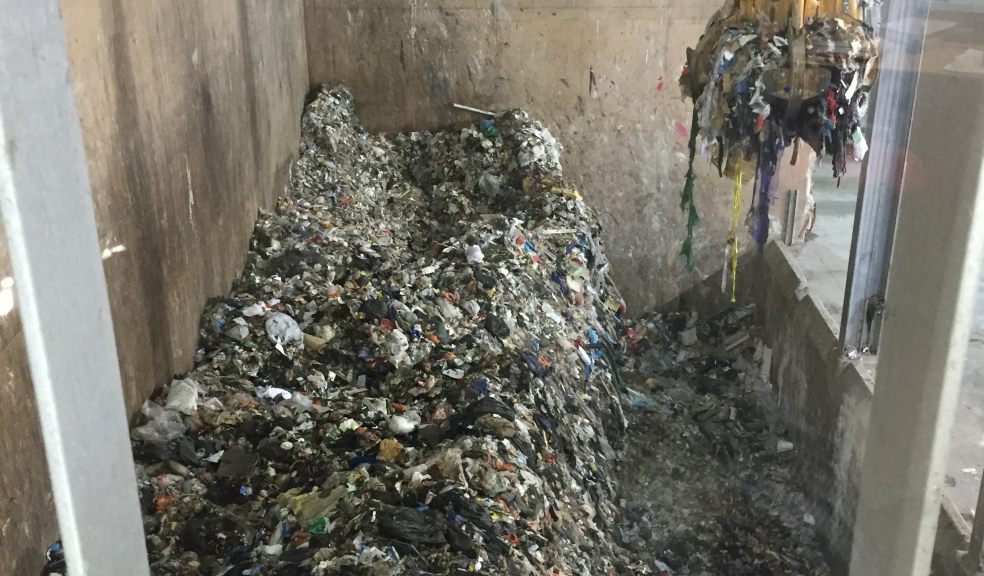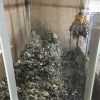
Law could make Exeter’s food waste illegal
Exeter Green Party says that if new rules adopted by the European Parliament are agreed by the European Commission, sending food waste to the Exeter’s energy from waste plant could become illegal.
The Parliament last week voted to end the incineration of all recyclable and biodegradable waste. http://www.greens-efa.eu/circular-economy-14330.html
Currently, food waste in the city makes up around 35% of ‘black bin’ waste and is incinerated at the £46m Marsh Barton energy from waste plant site.
Greens have long campaigned for food waste to be collected and processed separately. The Green Party’s local waste campaigner, Isaac Price-Sosner, said: “The European parliament has rightly acknowledged that incinerating food waste is extremely bad practice. Using a process known as anerobic digestion, food waste can be transformed into compost to enrich soils and generate energy.
"We know from the number of people who have signed our petition calling for separate weekly food waste collections that this is popular and Exeter City Council and Devon County Council need to act, before they find themselves on the wrong side of the law.”
Greens also point to a reduction in the recycling rates to 33.8 per cent in Exeter in the last year as evidence that incineration is undermining recycling.
Mr Price-Sosner said: “We have always opposed incineration and said all along that it would undermine recycling. Branding incinerators as ‘energy from waste’ means people care less about throwing waste into the black bin. I think there’s a feeling that such waste is still doing some good because it’s creating energy and the Council and contractor care less because some combustable waste is needed to fuel the incineration process. We should remember though that incineration is an expensive and polluting option, which views waste as a problem rather than a valuable resource. Incineration also creates high carbon emissions – a ton of burnt waste creates a ton of carbon.”

















